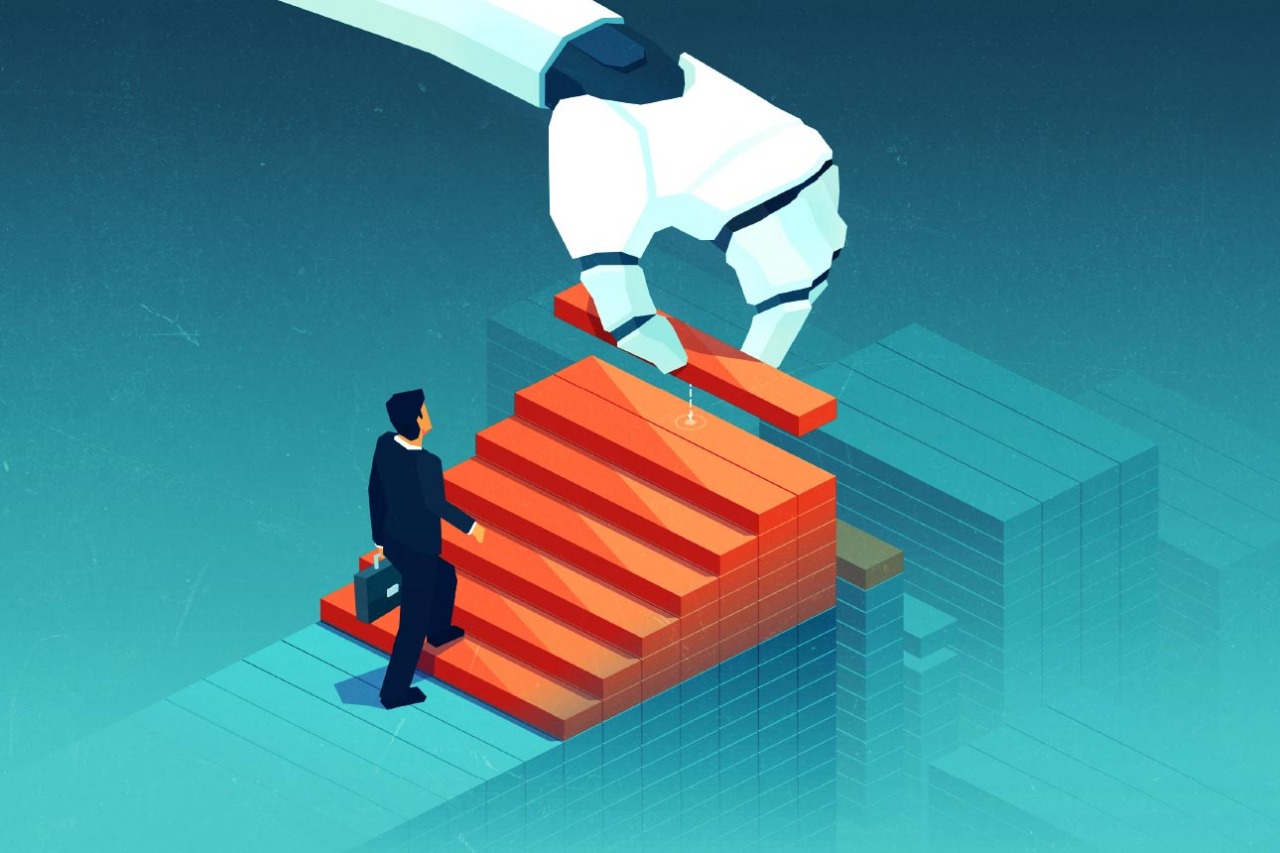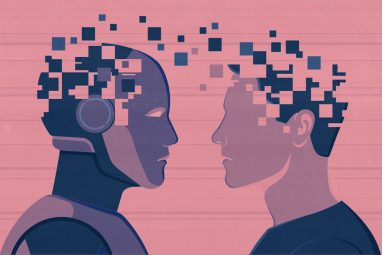AI Won’t Replace Jobs, It Will Reinvent Them: TCS
Pointing to the earlier waves of disruption such as the rise of the internet and cloud computing, Krish said concerns over job losses have surfaced with every major technological breakthrough, adding that “it’s wrong to look at it through the lens of job loss and it is more an opportunity to transform skill.”
Topics
News
- Adani Power Sets Up Nuclear Subsidiary
- Musk Unveils xAI Overhaul, Lunar AI Ambitions
- Former GitHub CEO Dohmke Raises $60 Million to Build AI Code Infrastructure
- Leadership Shakeup Deepens at xAI as Two Co Founders Exit
- India Slashes Social Media Takedown Window to Three Hours
- Cisco Moves to Relieve AI Data Center Gridlock With New Chip

The rapid advance of artificial intelligence (AI) in recent years has sparked concerns about the technology’s potential to swallow jobs, but according to Ashok Krish, the global head of AI at Tata Consultancy Services Ltd, the technology will help transform skills rather than lead to loss of employment.
The businesses that are treating AI as a strategic, board-level priority—not just an IT project—are seeing the most meaningful impact, Krish told The Press Trust India (PTI).
Krish dubbed AI as not only a technological evolution but also a cultural shift that requires rethinking the way people collaborate with technology.
Pointing to the earlier waves of disruption such as the rise of the internet and cloud computing, Krish said concerns over job losses have surfaced with every major technological breakthrough, adding that “it’s wrong to look at it through the lens of job loss and it is more an opportunity to transform skill.”
On whether economic volatility could slow AI adoption, Krish said such cycles are normal, adding that AI stands apart because of its ability to accelerate its own development.
“Disruptive technologies tend to have a way of adapting,” Krish said, while acknowledging that the nature of work will change as AI advances.
Tasks that once required large teams may now need fewer people but, he said, this will lead to more projects and new services.
“It is possible that what used to take a hundred people in a project might only take 50… but the nature of what they do will change and therefore we will do several more projects… new services will merge,” he said.
He stressed that continuous learning is critical in the tech sector, with AI making upskilling faster and more accessible. Workers must regularly reassess their skills and adapt, he added.
“I think AI is pretty much everything. It is infused into everything that we do at TCS,” he said, listing areas including business process services, IT, infrastructure, cloud, and cybersecurity.
While banking, financial services, healthcare, and life sciences were among the early adopters, Krish said industries such as manufacturing and high-tech are increasingly investing in AI.
“While a lot of initial spend happened in banking, financial services, healthcare, life sciences but other industries are catching up now,” he added.






